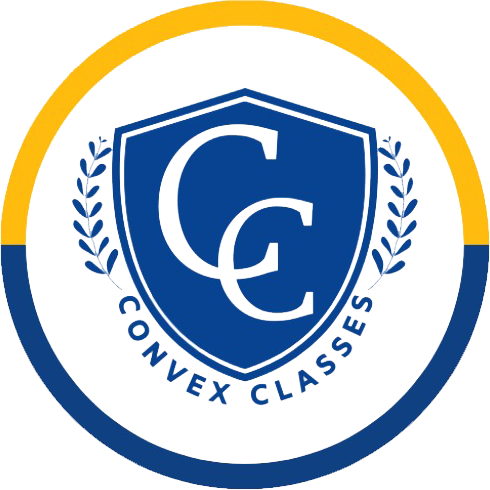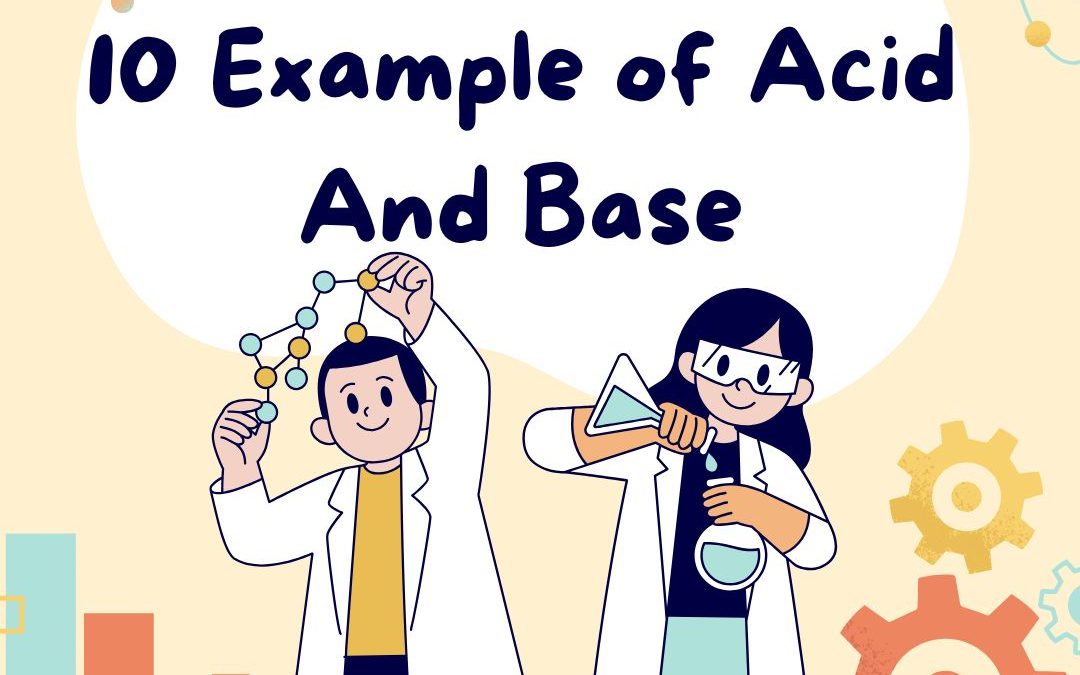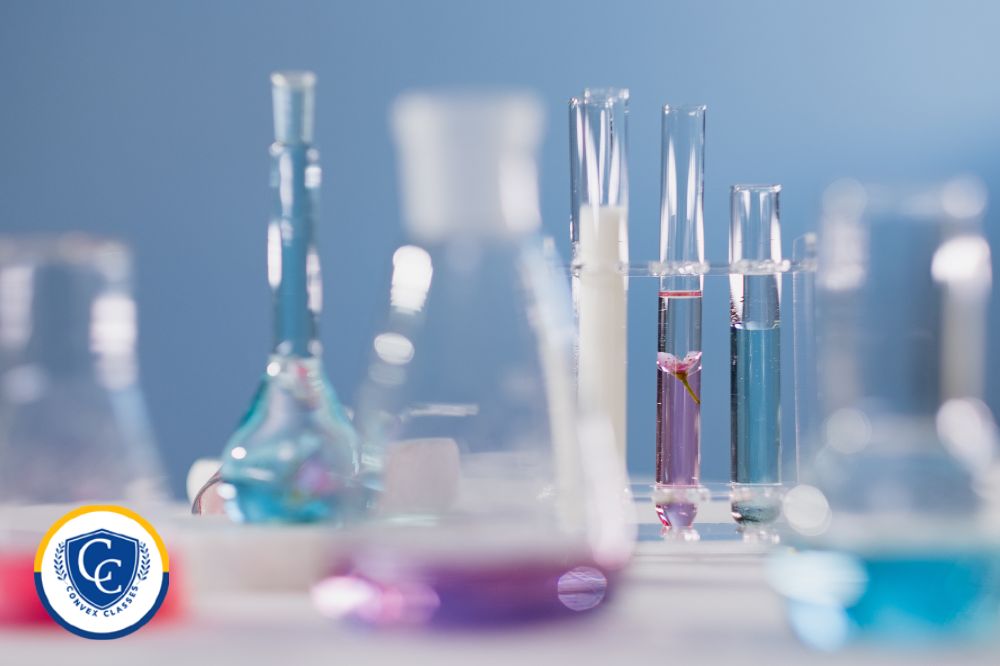Embarking on a career in the medical field is a dream for many, yet the path isn’t solely paved through the National Eligibility cum Entrance Test (NEET). There’s a myriad of medical courses that offer an alternative route to a fulfilling career in healthcare. This article unfolds the tapestry of options available to students who wish to explore the top medical courses with out NEET After 12th.
Introduction to Medical Education Without NEET?
Medical education is a vast ocean, with NEET being just one tributary leading to it. NEET serves as the gateway for MBBS and BDS courses in India, but it’s not the only path to a career in healthcare. There are numerous other courses that do not require NEET, catering to various interests and specializations within the medical field.
Why Opt for Medical Courses Without NEET?
The competition for NEET is fierce, with millions vying for a limited number of seats. This high level of competition can be daunting, and not everyone may secure a seat. However, this doesn’t close the doors to the medical field. Alternative courses without NEET can lead to equally rewarding careers.
Why is the NEET Exam not required for certain medical courses?
The NEET exam is a pivotal entry point for many medical professions, but it’s not a universal requirement. Some medical courses do not require NEET because they cater to specialized areas of healthcare that focus on skills and knowledge outside the scope of NEET. These courses often lead to careers that, while integral to the healthcare system, do not involve the practice of medicine or surgery, such as medical technology, physiotherapy, or pharmacy.
Best Coaching Institute for NEET in Jaipur
These specialized programs have their own set of eligibility criteria, which may include different entrance exams or merit-based admission processes. This approach allows educational institutions to tailor their selection process to the specific demands of each course, ensuring that students are equipped with the relevant skills for their chosen field.
Moreover, by providing a range of courses that do not require NEET, the educational system opens doors to more students, fostering a diverse healthcare workforce. It also addresses the skills gap in the healthcare industry by training professionals in various essential roles. Ultimately, these courses contribute to a robust healthcare ecosystem by preparing skilled professionals in various critical, non-physician roles.
Top Medical Courses With out NEET After 12th?
There are several courses in the medical field that do not require NEET. These include:
Bachelor of Science in Nursing (B.Sc Nursing)
Nursing is more than just a job; it’s a calling. B.Sc in Nursing is not merely about learning to administer medication or assist in surgeries; it’s about holistic patient care. Nurses are the backbone of the healthcare system, providing continuous care, understanding patient needs, and offering emotional support. The course covers subjects like community health, medical-surgical nursing, and mental health nursing, preparing students to work in diverse healthcare settings.
Pros & cons Of B.sc Nursing
Pros:
- High Demand: Nurses are always in demand globally, ensuring job security.
- Diverse Opportunities: Work in various settings like hospitals, schools, and military.
- Personal Fulfillment: Provides the satisfaction of directly helping people and saving lives.
Cons:
- Emotional Stress: Dealing with patients and their families can be emotionally draining.
- Physical Demands: Long hours and the need to be on your feet most of the time.
- Shift Work: Nurses often work in shifts, which can disrupt normal sleep patterns and personal life.
Bachelor of Physiotherapy (BPT)
Physiotherapy is a dynamic field that goes beyond massage and exercise. It’s about restoring and enhancing mobility. BPT graduate learns to diagnose physical abnormalities, restore physical function, and promote physical activity. This course includes subjects like kinesiology, orthopedics, and neurology, equipping students with the skills to treat a wide range of physical ailments.
Pros & cons Of BPT
Pros:
- Growing Field: Increasing awareness of physical health has led to more opportunities.
- Variety of Specializations: Options to specialize in sports, pediatrics, or neurology.
- Direct Impact: Help patients improve mobility and quality of life.
Cons:
- Physical Strain: The job can be physically demanding, requiring strength and stamina.
- Long Training: Requires continuous learning and staying updated with new techniques.
- Patient Dependence: Some patients may become dependent on therapy sessions.
Also Read Is NCERT Enough for NEET 2025?
Bachelor of Science in Biotechnology (B.Sc Biotechnology)
Biotechnology is at the forefront of medical innovation. It’s not just about manipulating DNA; it’s about finding solutions to some of the most pressing medical challenges. From developing new drugs to creating gene therapies, biotechnologists are changing the face of medicine. The curriculum includes genetic engineering, cell biology, and bioinformatics, providing students with a strong foundation for a career in medical research.
Pros & cons of B.sc Biotechnology
Pros:
- Innovative Field: Cutting-edge research and development opportunities.
- Versatile Career Paths: Work in pharmaceuticals, agriculture, or environmental sectors.
- High Salary Potential: Advanced biotech roles often offer high salaries.
Cons:
- Ethical Dilemmas: May face ethical questions in genetic engineering and cloning.
- Long Hours: Research projects can require long and irregular hours.
- Specialization Required: Often requires further specialization or education for advancement.
Bachelor of Science in Microbiology (B.Sc Microbiology)
Microbiology is the study of organisms that are too small to be seen with the naked eye. But its impact is anything but small. Microbiologists play a crucial role in understanding diseases, developing vaccines, and improving sanitation practices. The course covers bacteriology, virology, and mycology, among other topics, preparing students for careers in healthcare, research, and public health.
Pros & cons Of b.sc Microbiology
Pros
- Critical Role: Microbiologists play a key role in fighting infectious diseases.
- Research Opportunities: Potential to contribute to significant scientific discoveries.
- Diverse Work Environments: Work in labs, hospitals, or in the field.
Cons:
- Safety Risks: Working with infectious agents can be hazardous.
- Intense Competition: Many graduates vying for a limited number of research positions.
- Advanced Degrees Needed: For significant career advancement, higher degrees are often necessary.
Bachelor of Pharmacy (B.Pharm)
Pharmacy is not just about dispensing drugs; it’s about ensuring the safe and effective use of medication. Pharmacists are medication experts who play a key role in patient care. They advise on drug interactions, side effects, and proper medication management. The B.Pharm curriculum includes pharmacology, medicinal chemistry, and clinical pharmacy, providing a comprehensive education in pharmaceutical sciences.
Pros & Cons of B.pharm
Pros:
- Central Healthcare Role: Pharmacists are key in patient healthcare management.
- Community Impact: Opportunity to be a well-respected member of the community.
- Entrepreneurial Opportunities: Potential to own and run a pharmacy business.
Cons:
- Regulatory Challenges: Must stay current with laws and regulations, which can be complex.
- Standing for Long Periods: The job often requires standing for most of the workday.
- High Responsibility: Mistakes can have serious implications for patient health.
Bachelor of Occupational Therapy (BOT)
Occupational therapy is about enabling people to live independently. It’s a profession that helps individuals with disabilities to participate fully in daily life. BOT students learn therapeutic techniques to assist patients with developmental, emotional, or physical challenges, helping them to lead a more fulfilled life.
Pros & Cons of BOT
Pros:
- Rewarding Work: Help people lead independent and satisfying lives.
- Creative Problem-Solving: Tailor therapy to individual patient needs.
- Flexible Work Settings: Work in various environments, from clinics to patient homes.
Cons:
- Emotional Investment: Can be emotionally challenging when progress is slow.
- Physical Demands: The job can be physically demanding, assisting patients with exercises.
- Requires Patience: Progress with patients can be slow and requires a lot of patience.
Bachelor of Medical Lab Technology (BMLT)
Medical lab technologists are the unsung heroes of healthcare. They are the ones who analyze blood, tissues, and bodily fluids to help diagnose diseases. The BMLT course provides students with the knowledge and skills needed to operate advanced laboratory equipment and perform complex tests that are critical for patient care.
Pros & cons of BMLT
Pros:
- Behind-the-Scenes Impact: Play a crucial role in diagnosis and treatment.
- Technological Advancements: Work with cutting-edge medical laboratory technology.
- Stable Career: Labs operate year-round, providing stable employment opportunities.
Cons:
- Limited Patient Interaction: Less direct interaction with patients.
- Repetitive Tasks: Some may find the routine lab work to be monotonous.
- Shift Work: May require working in shifts, including nights and weekends.
Each of these courses offers a unique path into the medical field, with its own set of challenges and rewards. Prospective students should consider their personal interests, strengths, and lifestyle preferences when choosing a course. The healthcare industry is diverse, and there is a need for professionals in all these areas, each contributing to the well-being and health of society.
Career Prospects
The career prospects for graduates of these courses are vast and varied. They can work in hospitals, clinics, rehabilitation centers, research facilities, pharmaceutical companies, and public health organizations. With the healthcare industry constantly evolving, these professionals are in high demand.
High-Salary Medical Courses in India With out NEET?
Here are the medical courses with out NEET that offer high salary prospects in India, formatted as requested:
- B.Sc in Biotechnology
Specializing in merging biology with technology, leading to high-paying roles in research and development. - Bachelor of Physiotherapy (BPT)
Experts in physical rehabilitation with opportunities in various healthcare settings. - Bachelor of Pharmacy (B.Pharm)
Pharmacists are integral to healthcare, with diverse roles in the pharmaceutical industry. - B.Sc in Nutrition and Dietetics
Professionals in this field are sought after for their expertise in health and wellness. - Bachelor of Medical Laboratory Technology (BMLT)
Technologists in this field are essential for diagnostics and command high salaries in clinical labs. - B.Sc in Microbiology
Microbiologists have lucrative opportunities in disease control, research, and public health. - B.Sc in Cyber Forensics
Graduates can pursue high-paying careers in cybersecurity, law enforcement, and intelligence. - B.Sc in Fisheries
This field offers roles in environmental management and marine biology, with significant earning potential.
Conclusion
The medical field offers a range of courses that allow you to pursue a healthcare career with out NEET. Each course has its unique benefits and challenges, and it’s important to consider your personal
interests and strengths when making a decision. With the healthcare industry constantly evolving, the demand for skilled professionals across these varied fields continues to grow.




